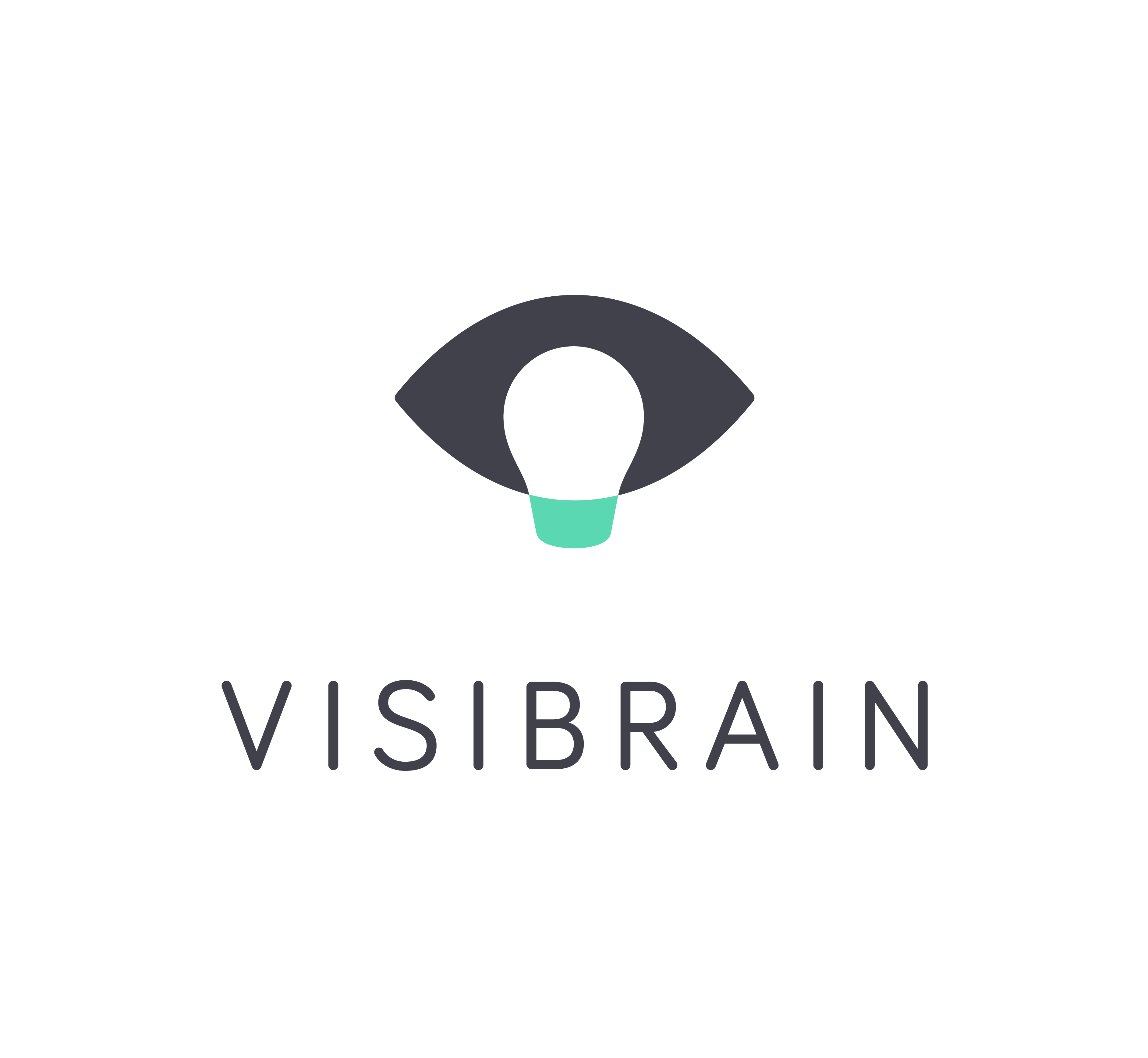Books Are a Social Badge
I continue to love paper books, because of the experience both while I read them and after I read them. A book on a shelf is a mark of what I've done, what I am interested in, and what I think about. My digital friendships cover international ground, though, and many of those people will never get to see my bookshelf. Luckily, Good Reads came along and provided me with a digital bookshelf (and social network) so I can share, globally, my story as told through book titles. It gives me the ability to show others what I am reading, rate and review books I've read, and keep a list of things I want to read.
Good Reads also serves as a detailed and socially-relevant recommendation engine. I can browse my feed to see what friends are reading, search for a specific book and read reviews from my friends (and other users), and search through themed lists of books. I can also join groups with specific reading interests. It is neatly integrated with Facebook, as well, and allows for two-way sharing. This is reading, socialized. It doesn't matter if I am reading a paper book or a digital one.
Books Are Digital
Though my world is digital, I read paper books. I am, apparently, archaic. Consumption platforms have changed entirely, and the impact of e-readers like the Kindle, the iPad, and the Nook have been tremendous. As Wendy noted, Amazon claims Kindle books have been outselling hardcovers by almost 50%.
I took a look at the kinds of things people discuss when they talk about E-Readers so I could get a sense for the features so key to these platforms.
I became really interested by the comparison to a paper book. What comes into play quite a bit is the concept of options. Users love downloading free samples so they can quickly scan for what's most interesting, and then purchase depending on mood and setting. This leads to a totally different relationship between seller and buyer. I have countless books that I have purchased, read 20 pages of, and abandoned on my shelf. In this scenario, consumers can test drive before purchase. That is a game changer.
Amazon has clearly caught on to this, and just announced the release of Kindle for the Web, which allows for first chapter previews directly from your browser.
Books Have a Social Future
What I see happening is, simultaneously, doors opening and closing for the world of authors, publishers, and distributors. Books are about diving into other people's lives (real, fictional, and instructional) and thus are, inherently, social experiences. It's all a matter of how the industry capitalizes on the opportunity (or stumbles, painfully, like the newspaper industry has). Much like how Foursquare lays interesting data on top of a physical plant, social media has the opportunity to lay additional related information on top of a traditionally static document. Exciting, no? I'll end with a beautiful movie by IDEO that envisions just this: the social, community-building, world-changing future of the book.








